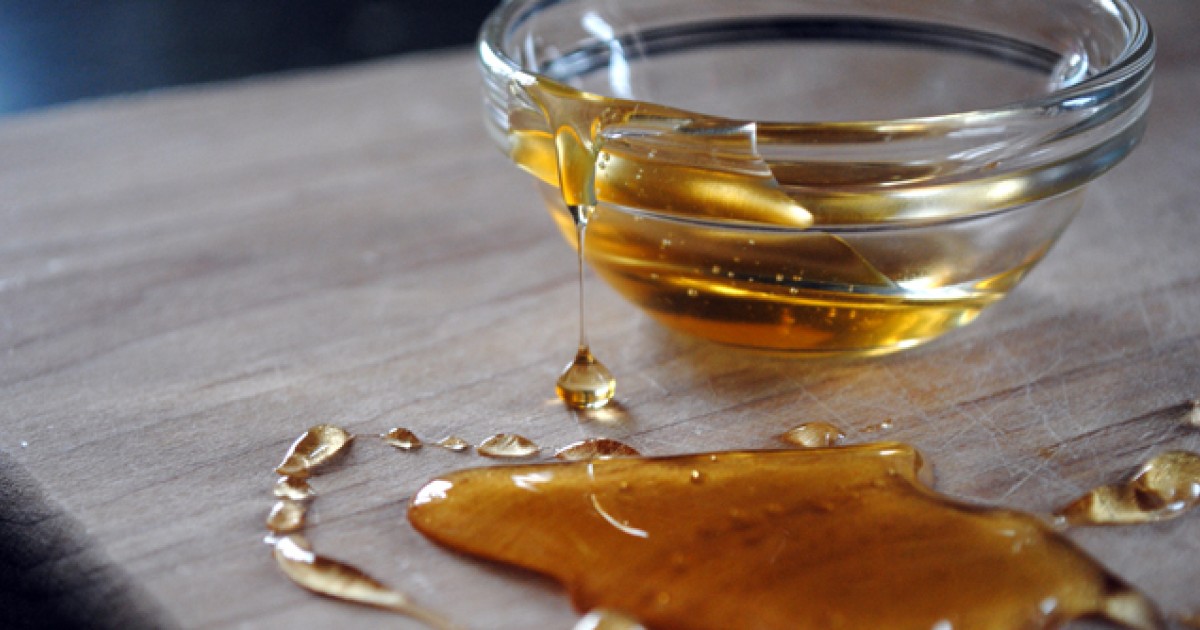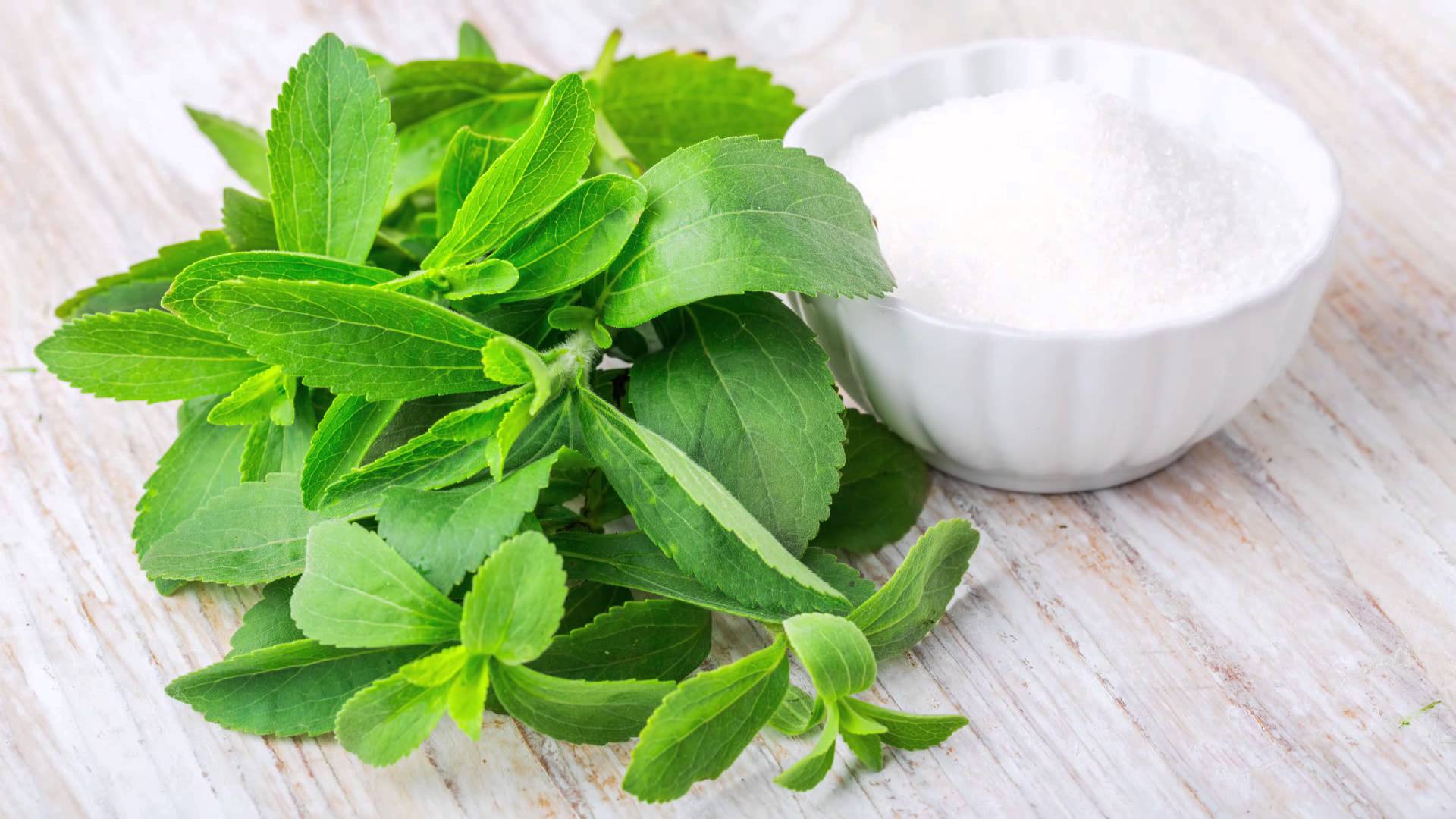Guide To Sugar Substitutes
Stevia
Stevia is extracted from the leaves of Stevia rebaudiana, a shrub that grows in South America. This sweetener has zero calories, and it is two hundred times sweeter than table sugar when the two are compared in equal concentrations. So far, studies have shown stevia has no adverse health effects, and it is not associated with weight gain. Research indicates stevia improves insulin sensitivity, and this enables the body to use insulin more effectively. The consumption of stevia is linked to reductions in blood glucose, making it a safe option for diabetes patients. Stevioside, one of the compounds in stevia extracts, has been shown to reduce blood pressure readings by six to fourteen percent. Stevia is available in powder and liquid formulations, and items labeled as stevia extracts might contain stevioside or rebaudioside A. While both of these extracts come from the stevia plant, they each have a slightly different taste, and patients interested in using stevia may want to try both to determine which one they prefer. Unlike some other sugar alternatives, stevia cannot be substituted one-for-one in recipes that require regular table sugar. However, many cookbooks offer dessert recipes made exclusively with stevia.
Discover additional alternatives to traditional sugar now.
Agave Nectar

Agave nectar is extracted from the agave plant that grows in the southern United States and Central and South America. The nectar is eighty-five percent fructose, and it has a very low glycemic index. Since it does not elevate blood glucose or insulin levels over the short-term, agave nectar is marketed as a healthy alternative sweetener for diabetes patients. An animal study conducted in mice compared agave nectar with sucrose (table sugar). The mice that were given agave nectar had lower blood glucose and insulin readings and gained less weight than the mice that received sucrose. However, since agave nectar is even higher in fructose than regular table sugar, some scientists urge patients to limit their intake of this nectar. Patients interested in adding agave nectar to their diets might wish to consult with a nutritionist before doing so, particularly if they have diabetes or other risk factors for cardiovascular disease or metabolic syndrome.
Get familiar with more available sugar substitutes now.
